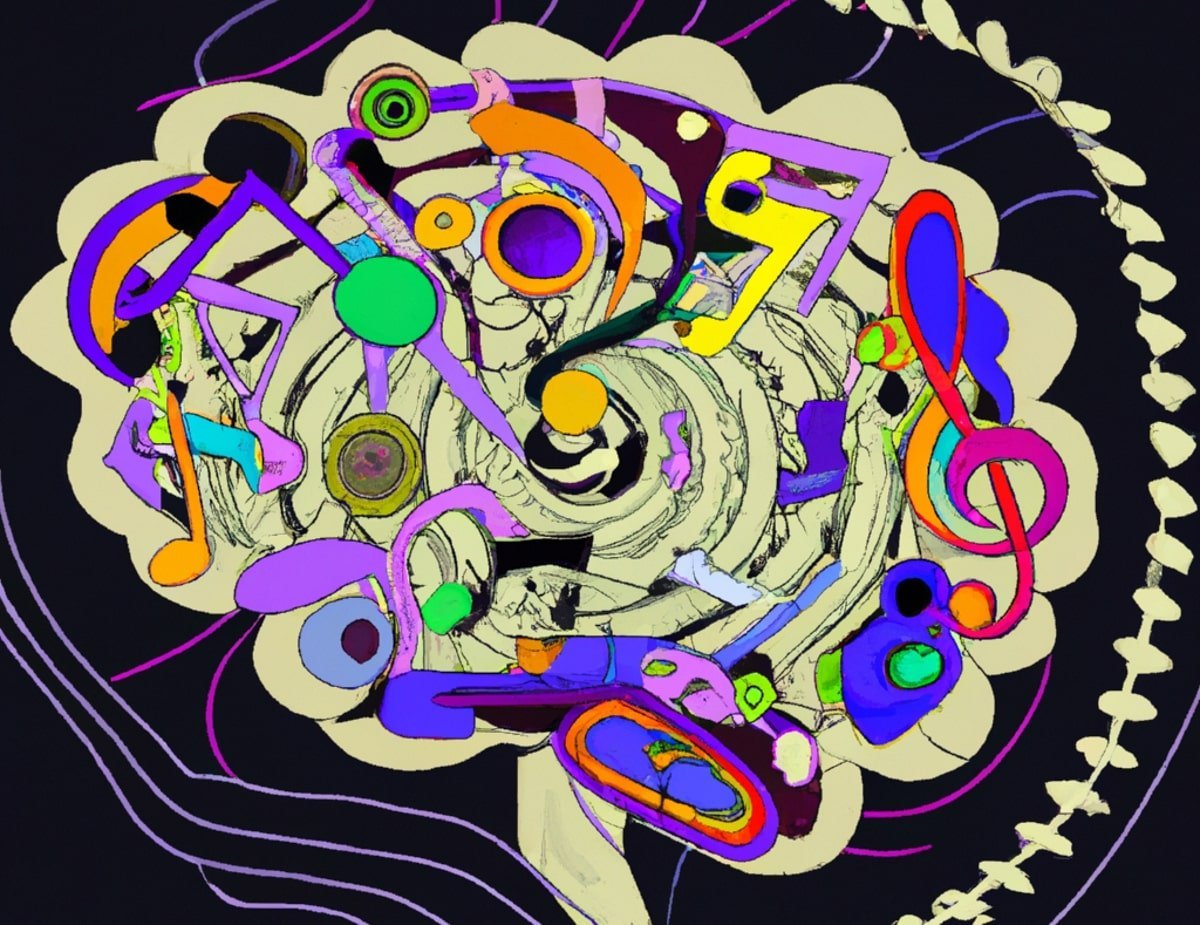Well, your stroke doctor will do nothing with this. They have done nothing with all this earlier research on music helping stroke recovery so why do anything with this.
Does your hospital or doctor have ANY PROTOCOL on music for your rehab?
music (94 posts back to March 2011)
music therapy (53 posts back to October 2014)
musical training (13 posts back to June 2014)
Why not?
Your doctors' and hospitals' reasons for doing nothing? There is absolutely no excuse for doing nothing.
Laziness? Incompetence? Or just don't care? No leadership? No strategy? Not my job? Not my Problem?
Music to Your Ears and Brain: Long-Term Musical Training Can Keep Your Brain Young
Summary: A new study shows that musical training can improve audiovisual speech perception in aging adults by preserving and compensating for youthful neural patterns.
The research reveals two mechanisms that older musicians use to counteract age-related decline: functional preservation and functional compensation, providing hope for targeted interventions to promote healthy aging.
Source: Chinese Academy of Science
The world’s population is aging at an unprecedented rate. Aging can lead to various types of cognitive decline, posing a serious burden to families and society. Therefore, it is crucial to develop effective interventions to promote healthy aging.
One promising approach is musical training, which is accessible to the majority of the population. Besides the musically rewarding and aesthetic experience of musical training, it also provides potential benefits to the brain, especially for the elderly.
In a study published as a cover story in Science Advances, a research team led by Dr. DU Yi from the Institute of Psychology of the Chinese Academy of Sciences found that long-term musical training could mitigate and even counteract age-related decline of audiovisual speech-in-noise perception in older listeners, through functional preservation of youth-like activity patterns in sensorimotor areas, supplemented by functional compensation in frontoparietal and default mode network (DMN) regions.
Older musicians, older non-musicians, and young non-musicians participated in this neuroimaging study.
The researchers found that older musicians outperformed older non-musicians and even equaled young non-musicians in identifying audiovisual syllables under noisy conditions. By analyzing their brain activity, the researchers revealed two mechanisms that old musicians adopt to counteract aging: functional preservation and functional compensation.
Specifically, older musicians retained neural specificity of speech representations in sensorimotor areas at a level similar to young non-musicians, while older non-musicians showed degraded neural representations.
In the same region, older musicians showed higher neural alignment (i.e., higher pattern similarity) in comparison to young non-musicians than older non-musicians did, and this capacity was associated with the older musicians’ training intensity. Importantly, youth-like brain function predicted better audiovisual speech-in-noise perception performance in older adults.
In addition, the researchers found that older musicians, in comparison with older non-musicians, also showed greater activation in frontoparietal regions that support multiple tasks across domains and greater inhibition in task-irrelevant DMN regions that help avoid interference.
The greater DMN deactivation predicted better audiovisual speech-in-noise performance. Furthermore, these two mechanisms are interdependent, as greater frontoparietal activation and greater DMN inhibition contributed to more similar neural patterns in sensorimotor regions in older adults. In other words, functional compensation further supported functional preservation.

“Playing music makes older adults better listeners by preserving youthful neural patterns as well as recruiting additional compensatory brain regions. Our study provides empirical evidence to support that playing music keeps your brain sharp, young, and focused,” said Dr. DU, corresponding author of this study.
This study provides insights into adaptive brain reorganization in aging populations and how lifelong musical training leads to “successful aging” in speech processing by preserving youthful brain characteristics and enhancing compensatory brain scaffolding.
The functional preservation of sensorimotor regions along with compensatory DMN deactivation also suggest avenues for more targeted training regimens to protect speech functions in the elderly.
About this music and brain aging research news
Author: LIU Chen
Source: Chinese Academy of Science
Contact: LIU Chen – Chinese Academy of Science
Image: The image is credited to Neuroscience News
Original Research: Open access.
“Successful Aging of Musicians: Preservation of Sensorimotor Regions Aids Speech-in-noise Perception” by DU Yi et al. Science Advances
No comments:
Post a Comment